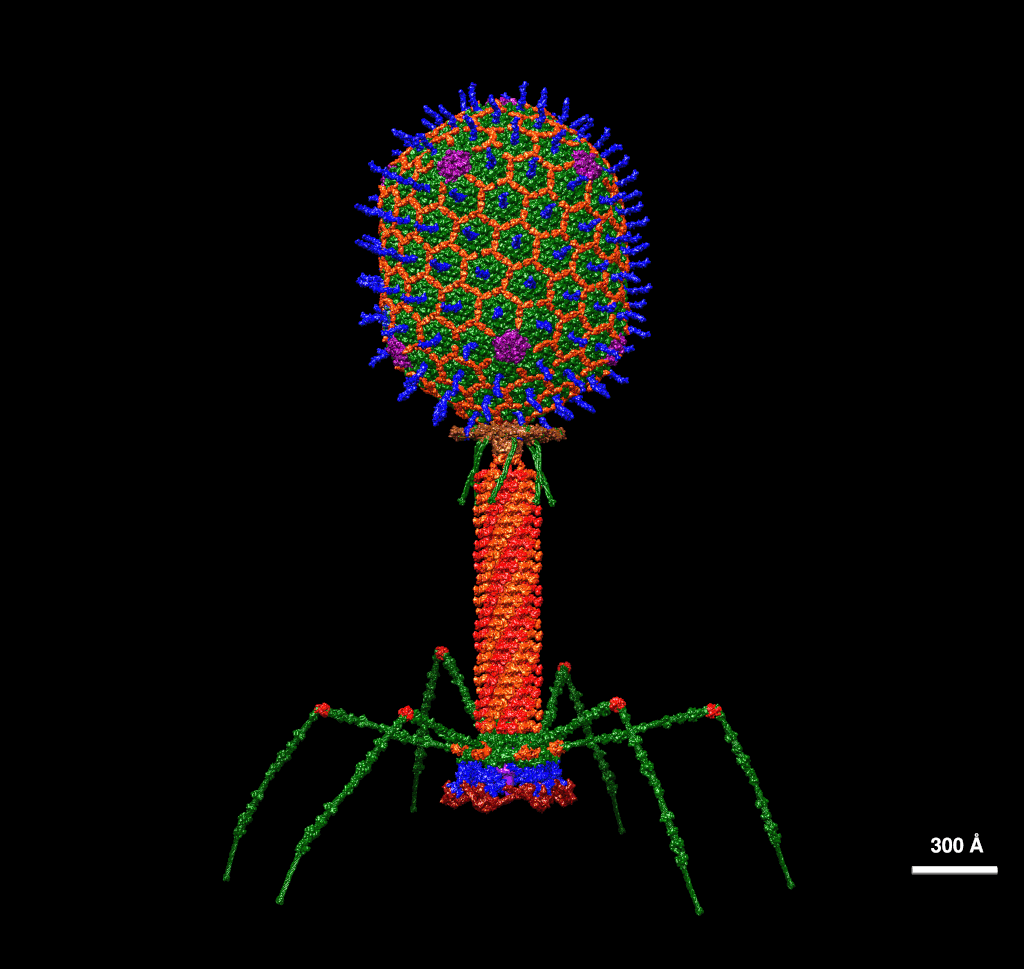Many teenagers suffer from acne and both teenagers and actors can testify that finding the right products and even medications is tricky. Many medications designed to address the bacterial condition leave people with severely dry skin.
It also stands that many of the over-the-counter pharmacy medications available are all chemical treatments that cause long-term skin damage. Benzoyl peroxide (an aggressive chemical), retinoids, antibiotics are all antibacterial and kill both the good and bad bacteria on your skin. Many of these medications also affect the production of natural skin oils.
A new skincare medication has been developed, based on a probiotic using bacteriophages (viruses that can infect and sometimes kill bacteria). The medication is called Phyla’s 3- Step Acne Fighting Phage Kit.
The medication’s formula is based on phyla created by microbiologist Dr. Yug Varma. These are the active ingredient in the new medication. Varma works at University of California – San Francisco, with funding provided by P&G Ventures.
The research has arisen from the studies into the microbiome that have accelerated over the past decade. Microbiome research is focused in understanding the nature of microbial communities at different niches within and on the human body.
As Tim Sandle has written before: “The human body is an intricate system that hosts trillions of microbial cells across the epithelial surface, and within the mouth and gut. These microorganisms play a role in human physiology and organ function, including digestion and immunity.”
Bacteriophages do not target bacteria in general. Each phage targets a specific type of bacterium, attaching onto the surface of the bacterial cell and then entering. Globally it is estimated that the bacteriophage population is larger than the population of all organisms, including bacteria put together.
Trials show the medication achieves up to a 90 percent reduction in acne causing bacteria (Cutibacterium acnes). The organism is part of the commensal flora of the skin, colonizing pilous follicles and sebaceous glands. The medication gets to the root cause by killing only the acne-causing bacteria (C. acnes) and lets beneficial bacteria flourish.
The medication also achieves an average 50 percent increase in microbiome diversity. Increasing the diversity of skin borne bacteria is important because people with a high microbiome diversity have less (or even no) acne.
Trials also show that the skin medication avoids the excess drying out of the skin or other side effects associated with current products.














